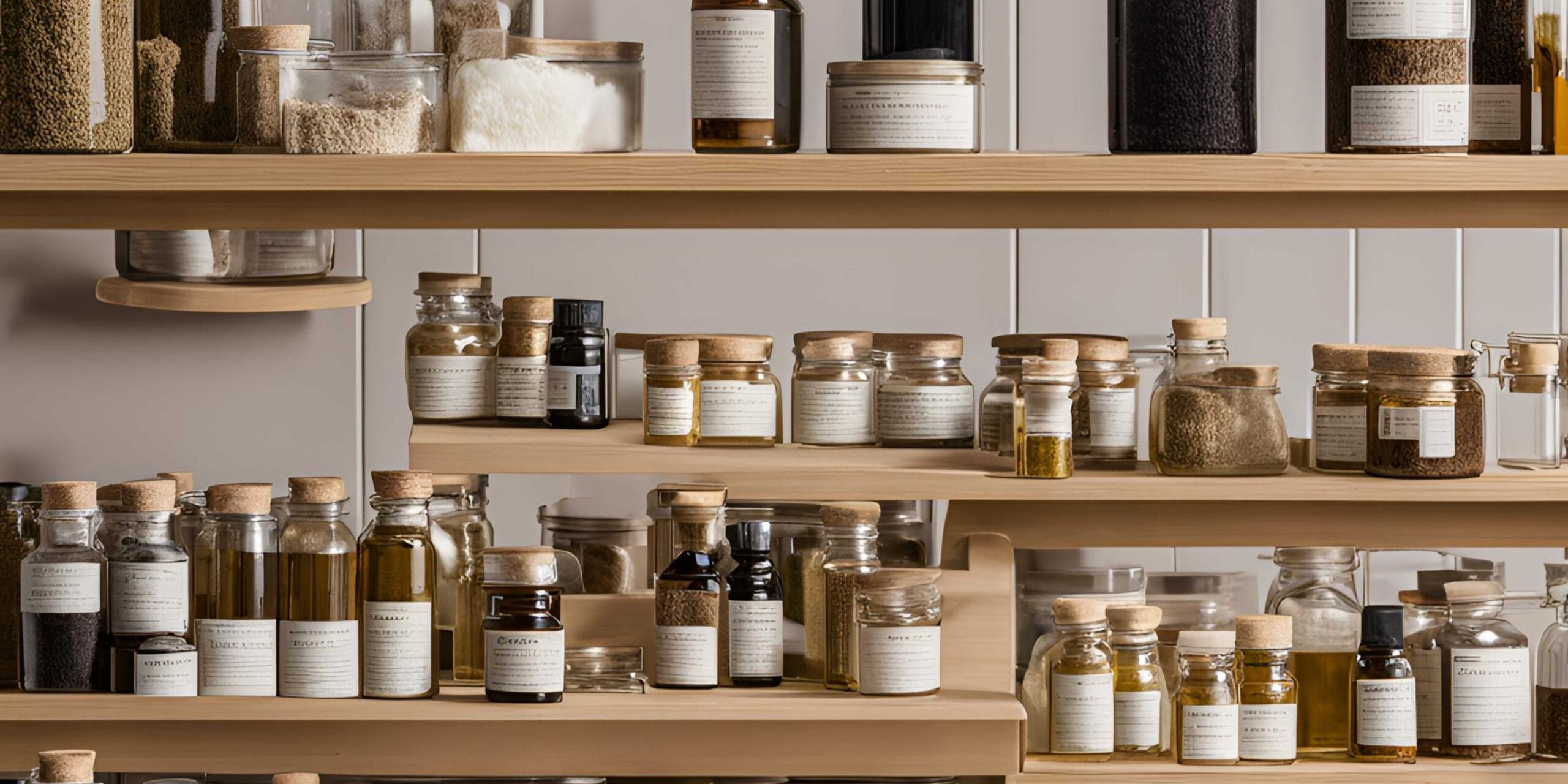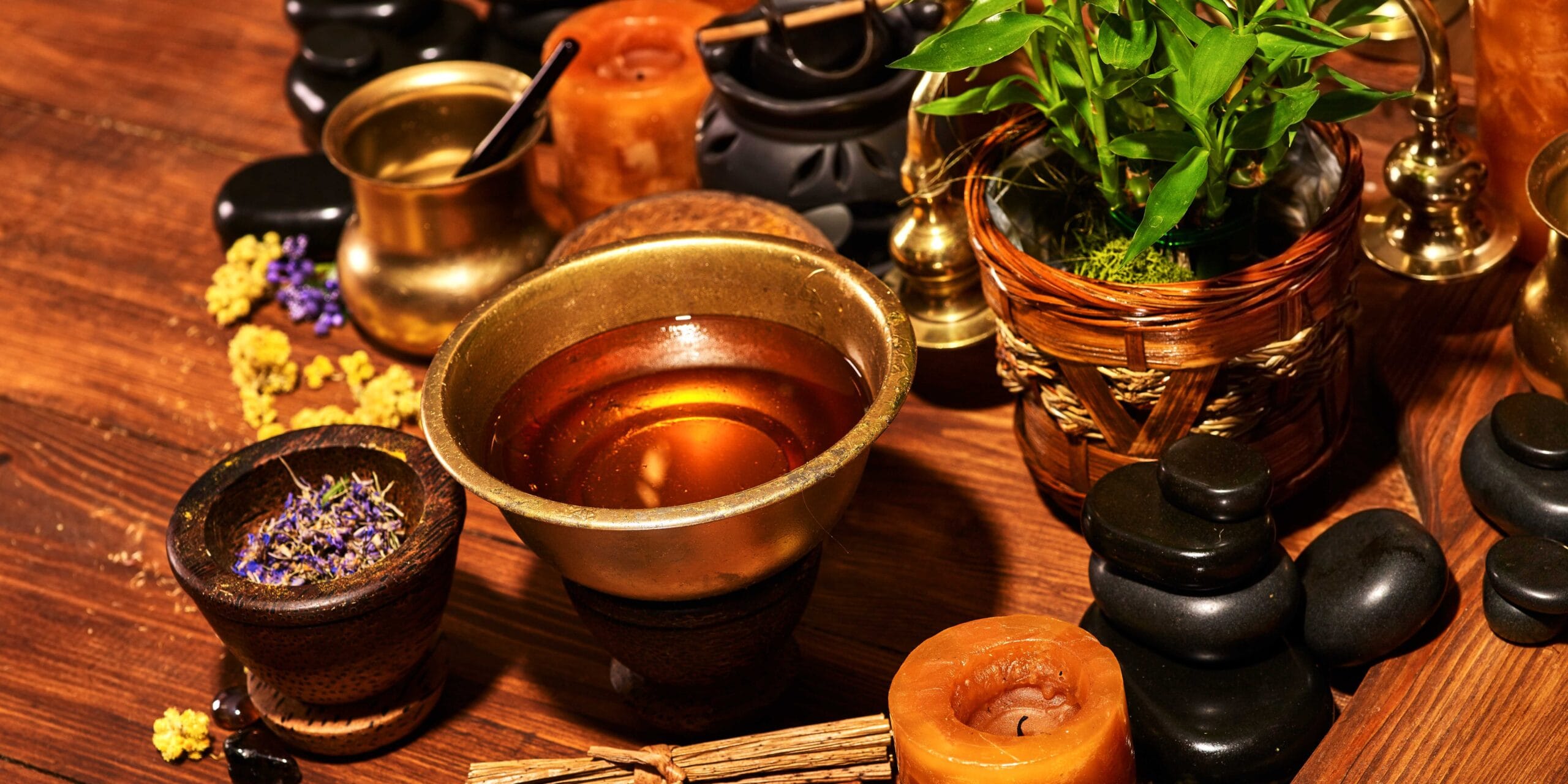Ayurveda, the ancient Indian system of natural healing, offers a wealth of knowledge when it comes to skincare. For centuries, Ayurvedic herbs and plants have been used to treat various skin conditions, from acne and pigmentation to signs of aging. By tapping into the power of nature, you can achieve glowing, healthy skin without relying on chemical-laden products.
In this blog, we explore how incorporating Ayurvedic plants into your skincare routine can help you achieve a radiant complexion while promoting overall skin health. From Neem to Aloe Vera, these plants offer potent, natural solutions for skin rejuvenation.
1. Neem for Acne-Prone Skin
If you struggle with acne or frequent breakouts, Neem is one of the most effective Ayurvedic herbs for clear skin. Its antibacterial and antifungal properties help combat acne-causing bacteria and soothe inflamed skin. Neem also helps balance oil production, making it perfect for oily or combination skin types. Incorporating Neem into your routine—whether as a face mask, cleanser, or spot treatment—can help reduce blemishes and promote a smoother complexion.
2. Aloe Vera for Hydration and Healing
For dry or sensitive skin, Aloe Vera is a must-have in your skincare arsenal. Known for its soothing and hydrating properties, Aloe Vera is ideal for healing irritated skin, reducing redness, and preventing moisture loss. Regular use of Aloe Vera gel can calm sunburns, reduce the appearance of scars, and keep your skin hydrated and supple. Its lightweight texture makes it suitable for all skin types, including those with sensitive skin conditions like eczema.
3. Turmeric for Brightening and Anti-Aging
Turmeric is another Ayurvedic powerhouse when it comes to skincare. Its active compound, curcumin, is a potent antioxidant that helps reduce inflammation, brighten the skin, and fight signs of aging. Turmeric can help fade dark spots, reduce wrinkles, and give your complexion a natural glow. Whether applied as a mask or incorporated into your diet, Turmeric is a versatile ingredient that supports both internal and external skin health.
4. Tulsi for Detoxifying the Skin
Tulsi (Holy Basil) is often used in Ayurvedic skincare to detoxify and purify the skin. Its antibacterial and anti-inflammatory properties make it ideal for treating skin infections, calming inflammation, and reducing redness. Tulsi also helps clear out impurities from the skin, leaving it refreshed and rejuvenated. When used regularly, Tulsi can support clearer skin and reduce the appearance of blemishes and dark spots.
Why Ayurvedic Skincare is Perfect for Modern Wellness
The beauty of Ayurvedic skincare lies in its holistic approach. Rather than just treating external symptoms, Ayurveda emphasizes overall wellness, combining diet, lifestyle, and skincare practices to promote healthy, glowing skin. Using Ayurvedic herbs in your skincare routine offers natural, long-term solutions without the need for harsh chemicals.
How to Use Ayurvedic Plants in Your Skincare Routine
Incorporating Ayurvedic plants into your skincare routine is easy. You can use fresh plant extracts, herbal powders, or oils to create DIY face masks, cleansers, and moisturizers. Start by applying a Neem or Tulsi face mask once a week to treat acne or inflammation. Aloe Vera gel can be used daily to hydrate and heal, while Turmeric can be mixed into face masks to brighten the skin. Over time, these natural remedies will enhance your skin’s natural beauty, keeping it healthy and radiant.



